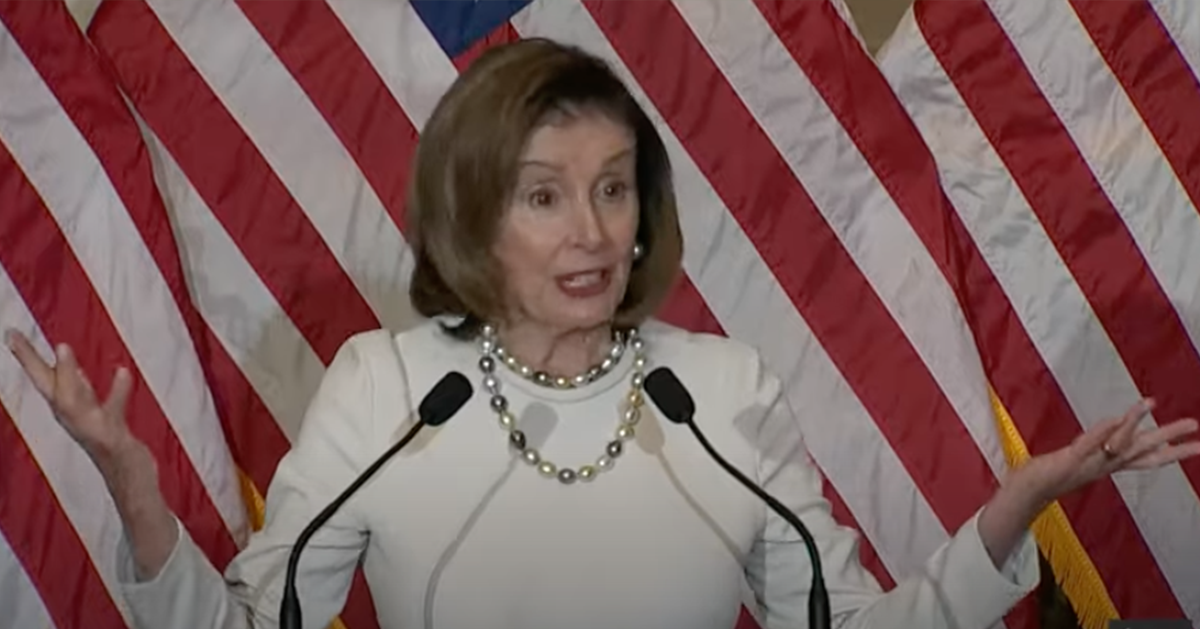DOGE identifies worst states for unemployment insurance fraud
The Department of Government Efficiency (DOGE) has uncovered $382 million lost to fraudulent unemployment claims since 2020, painting a stark picture of oversight challenges across several states
The Democrat-led states of California, New York, and Massachusetts have been identified by DOGE as key actors in a concerning trend involving the distribution of fraudulent unemployment payments during the Biden era, as Fox News reports.
The Department of Government Efficiency's recent report highlights that these three states, each governed by Democrats in all top positions, accounted for the majority of the improper claims. In total, these states contributed over 79% of the reported $382 million in fraudulent unemployment payments since 2020.
Notable fraud discovered
Fraudulent claims in these states included payments to individuals flagged with improbable ages and to those listed on the government's terror watchlist.
California alone was accountable for 68% of benefits issued to individuals either on parole or listed on government terror databases. This alarming statistic illuminates the vulnerabilities within the existing vetting system and sheds light on the broader issue of fraudulent claim distribution across state unemployment agencies.
The situation appears to be part of larger criticisms facing the current administration's approach to screening and benefits distribution.
According to the DOGE report, over 6,000 individuals with criminal records or on terror watch lists kept by the FBI have reportedly entered the U.S. during this period. Such individuals have managed to secure approximately $42,000 from unemployment insurance and other federal assistance programs.
The administration's approach has been criticized for facilitating this phenomenon through minimal screening processes.
Biden policies under scrutiny
The recent findings follow changes Biden made from the previous Trump administration's policies, which had put a stop to parole for individuals with criminal ties or those flagged by the FBI.
The absence of stringent screening measures resulted in ease of access to public benefits for individuals who would historically be excluded from such considerations. Critics argue that this shift has exacerbated issues such as fraudulent claims within unemployment programs.
Harrison Fields, a spokesperson for the White House, commented on the broader implications, pointing out the strategic migration of residents from Democrat-led jurisdictions. "There's a reason for the mass exodus from Democrat-run states that have mismanaged their economies," noted Fields. He attributed the move towards Republican-led states to perceived mismanagement and high tax rates that have long affected residents.
Nonetheless, the administration stresses its commitment to addressing these issues. Labor Secretary Lori Chavez-DeRemer acknowledged the DOGE's findings, emphasizing the department's dedication to recovering lost taxpayer dollars. "This is another incredible discovery by the DOGE team," she said, reiterating their ongoing efforts to tackle these fraudulent claims. Her remarks emphasize a dedication to uncovering theft and fraud within unemployment systems across the nation.
Efforts to recover funds underway
The focus now shifts towards reclaiming the millions wrongly dispersed through these improper claims. The DOGE's report serves as a catalyst for further actions to tighten controls within the unemployment system and bolster mechanisms to prevent future occurrences. As part of this process, the Labor Department is devising strategies to identify and apprehend those behind such fraudulent acts.
The spotlight on the Democrat trifecta states of California, New York, and Massachusetts reveals a nexus of issues relating to governance and policy regulation under current leadership.
The presence of these systemic issues in high-population states further underscores the necessity of revisiting screening and payment authorization protocols. As misinformation and fraudulent activity persist, stakeholders are urged to prioritize transparency and accountability in managing taxpayer dollars.
Despite the current administration's best efforts, ongoing challenges associated with unemployment fraud continue to point towards an urgent need for comprehensive policy reforms. Current trends reflect a deep-seated issue, requiring collaboration across state and federal agencies to devise solutions that mitigate the misuse of public funds.
Collaboration seen as key to solutions
As the findings reverberate across political lines, experts call for a more robust judicial and administrative framework to prevent similar issues. Enhancing inter-agency coordination and aligning policies with existing federal regulations may pave the way toward sustainable progress. Stakeholders, including federal agencies and state governments, are expected to play pivotal roles in this transformative process.
For residents affected by fraud or concerned about potential misuse of public funds, new channels for reporting and redressing claims are deemed essential. Encouraging community participation and enhancing state systems' capacity to process employment-related benefits securely is paramount. Proactively engaging with these challenges may offer a pathway to safeguard the integrity of public assistance programs and restore confidence among beneficiaries.




